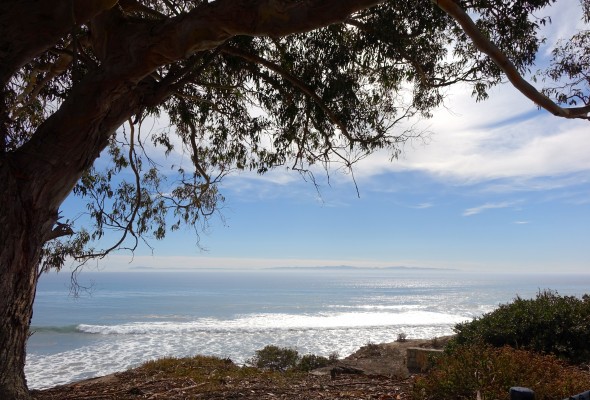In the fall of 2006, I got a new boss. He arrived on the scene after two years of searching, two years marked by upheaval in my life, personally and professionally. I had been working as an Associate Pastor, part-time, for almost ten years by then, and I was deeply relieved to welcome him and to learn to work with him and for him.
One of the first things he asked me to do was start a blog. Yes, you read that right. My boss, the senior pastor, asked me to begin writing on a blog. He already had one, and used it for brief reflections on life and ministry, very rarely for anything personal.
But I’m not wired in the same way, and when I was invited to write, I chose to get pretty vulnerable, pretty quickly. And I loved it. I was careful, especially when trying to write out the difficulties that always attend a new working relationship. I tried to make it about me, and what I was thinking/feeling. And, for the most part, I found my way to a pretty good balance. I posted infrequently, about once or twice a month for that first year. I learned to import photos, and often chose to write about my family, especially my grandkids.
But in July of 2007, something hard happened. Our son-in-law was in the midst of a long and very difficult dying, suffering from the after-effects of intensive radiation to his head and neck when he was a teenager. Our daughter was trying to finish a masters’ degree in special education, so that she could go to work after fifteen years as a homemaker. Her husband was on full disability at that point, and they desperately needed medical insurance. Her program required a 10-week internship at a hospital 400 miles north of her home and she worked like a champ to make everything happen. Some weeks, her husband was well enough to go with her, but some weeks, he needed to be closer to home.
We housed her husband and two younger sons (the eldest was working at a camp on Catalina Island that summer) for one of those closer-to-home weeks. And that experience was one of the most difficult times I’ve ever walked through. Watching someone you love suffer — and watching how that suffering impinges on the lives of two young people — well, it was hard, sad, painful. . . there are no words.
But I tried to find them anyhow. I wrote a post, not using names, about watching this particular kind of suffering. I finished it late one night, posted it and went to bed. At 7:00 the next morning, I went in and removed it, feeling unsettled about writing something so deeply personal.
The post was up for less than twelve hours.
But in that time, someone close to him found it and was deeply wounded by it. I was crushed — repentant, sorrowful, so sorry for causing pain and for further complicating my daughter’s life. My heroic girl was already exhausted and overwhelmed and my post made everything worse.
I crossed a line, one that I deeply regret.
Please follow me over to Nacole’s site to read the rest of this post . . .
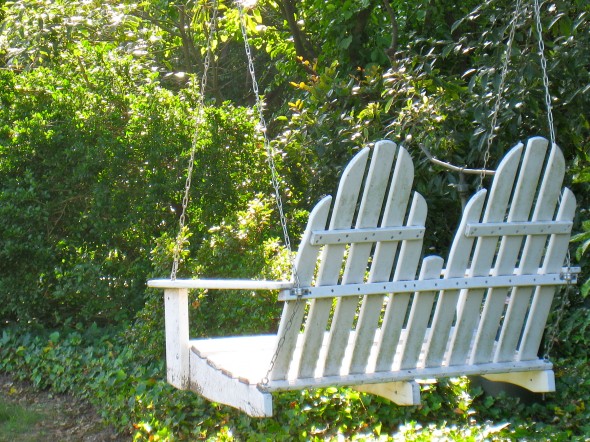
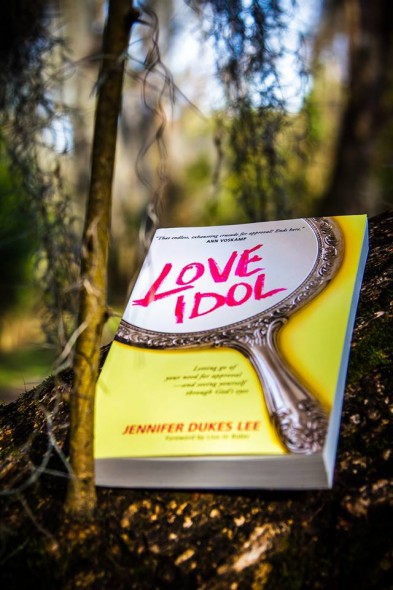
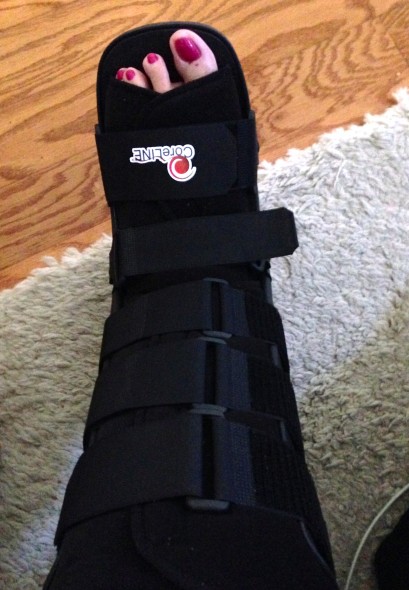
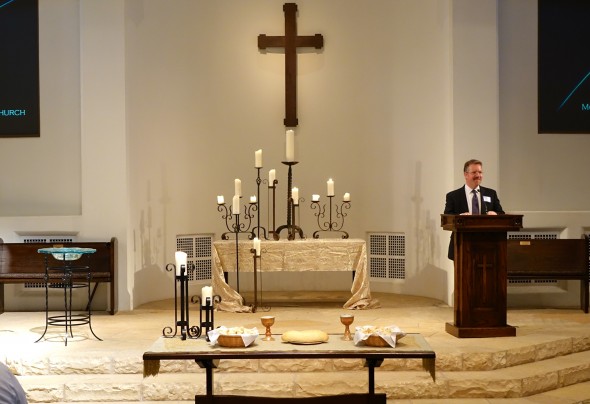
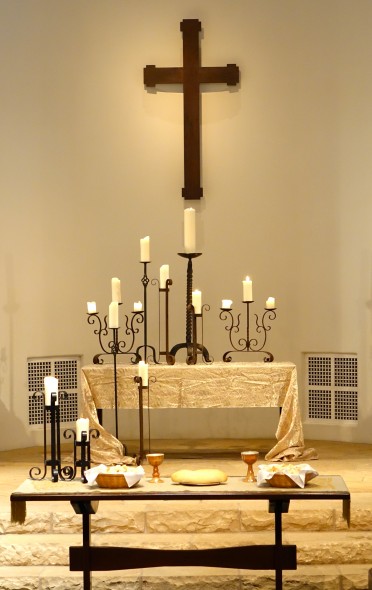
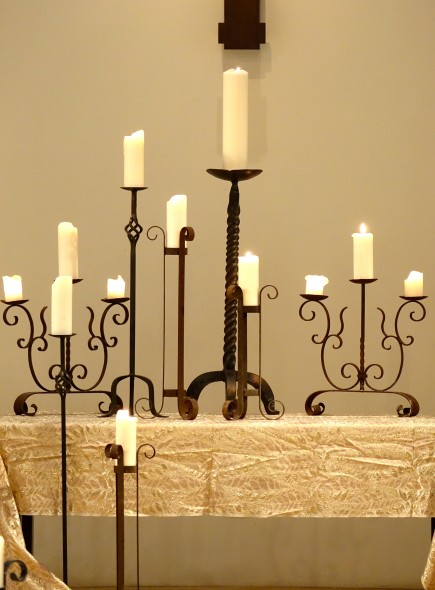
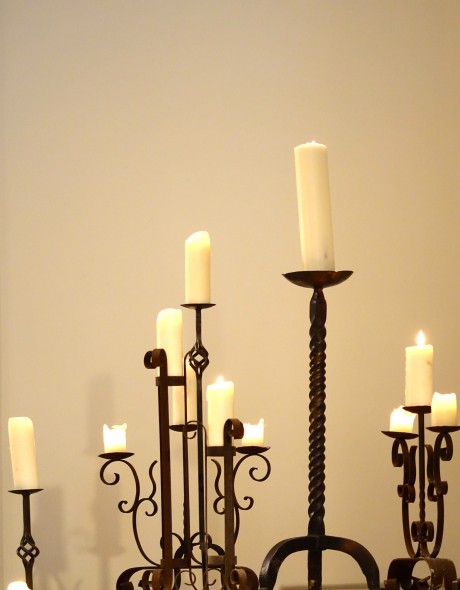
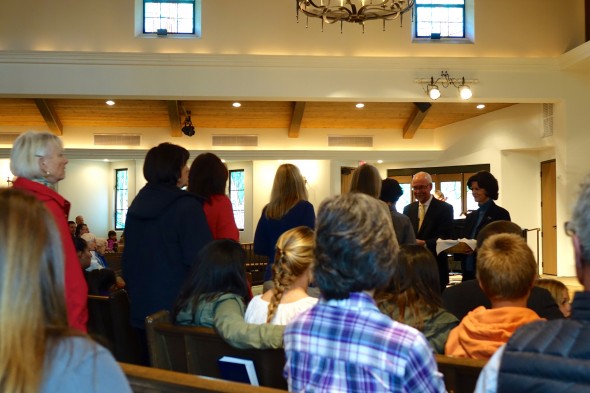
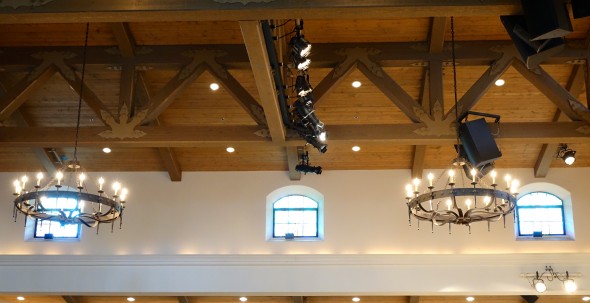
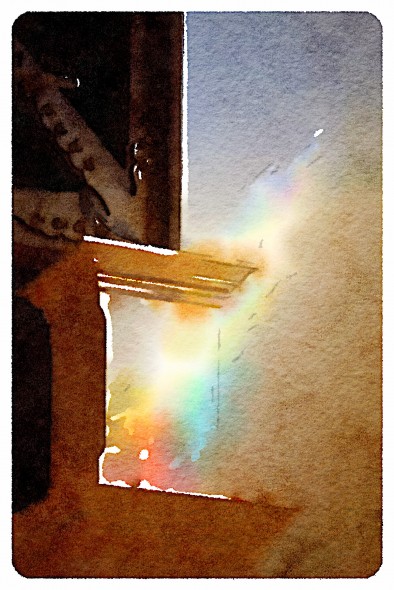




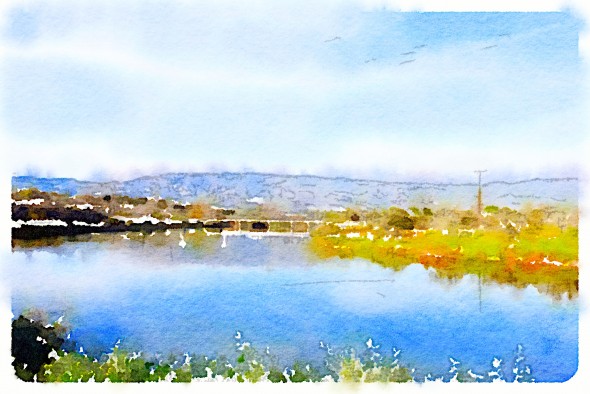
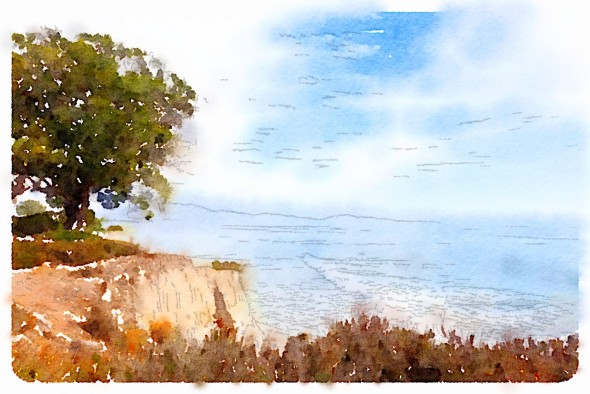

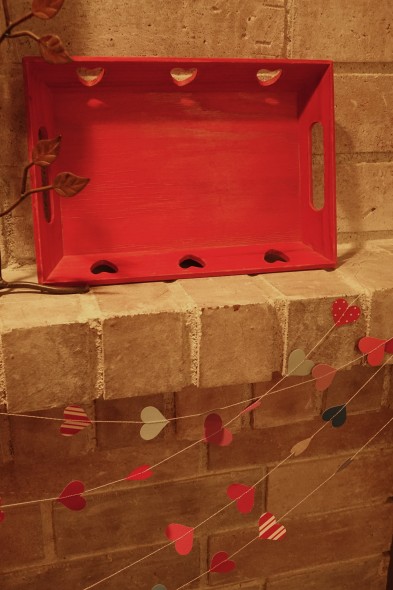



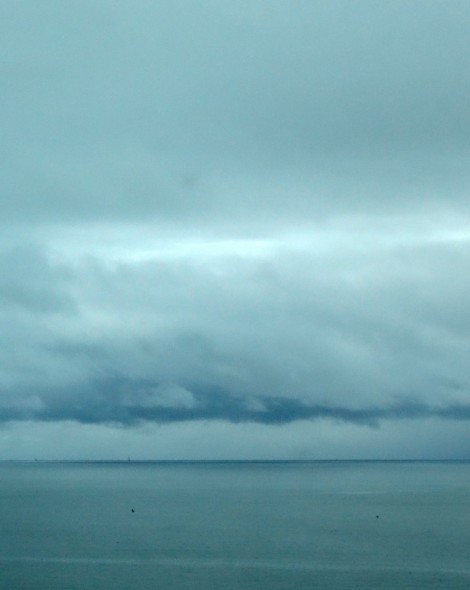
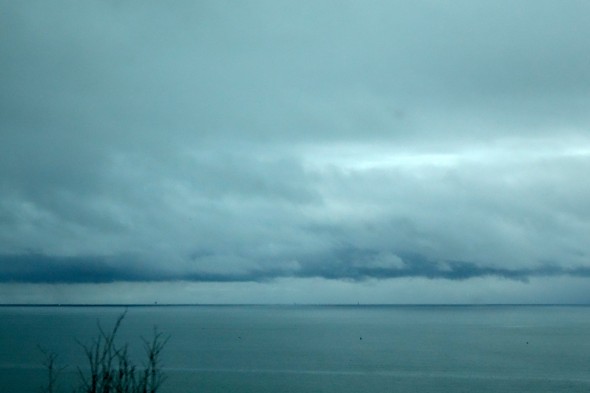
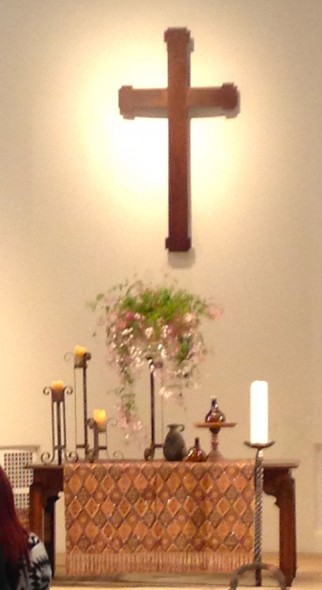
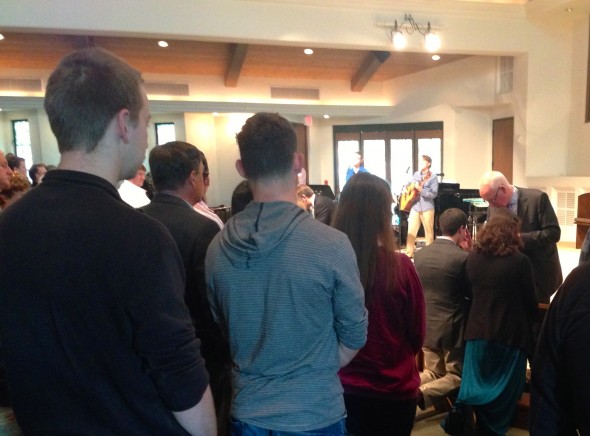
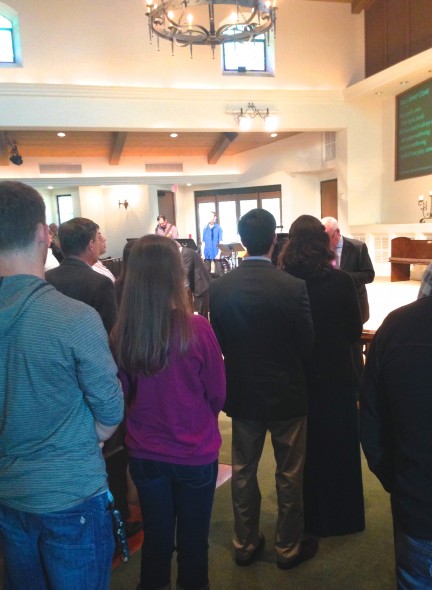
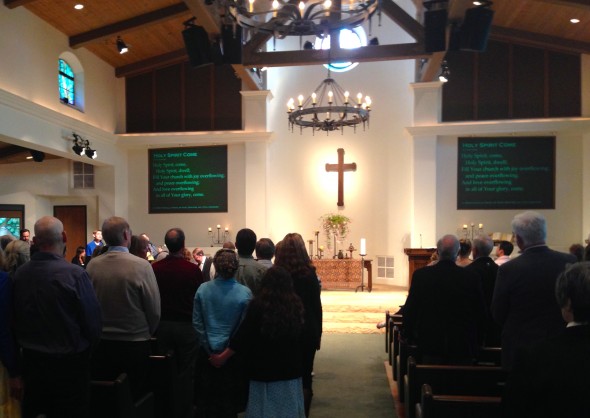
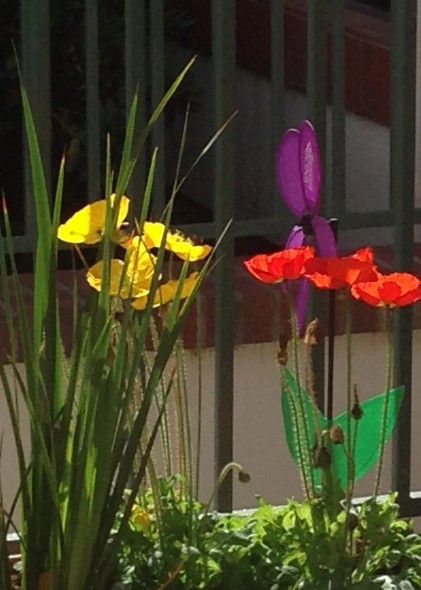 Sunlight through the poppies when we had lunch with ‘the moms’ after church.
Sunlight through the poppies when we had lunch with ‘the moms’ after church.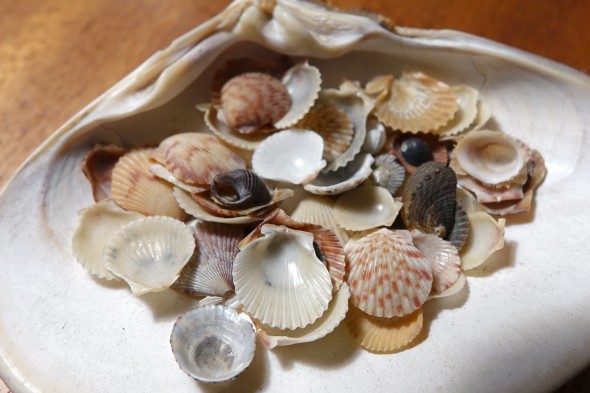
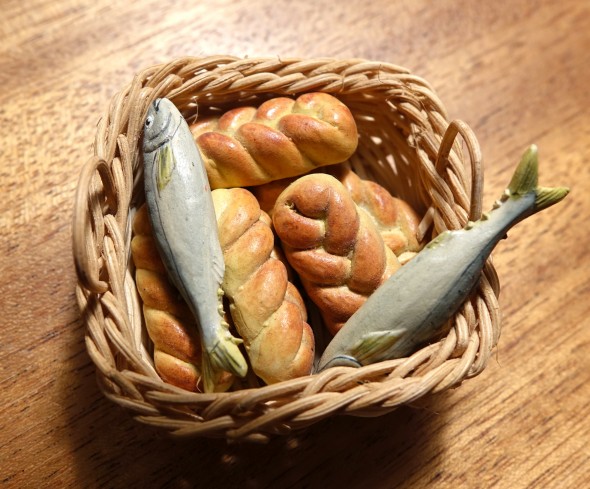
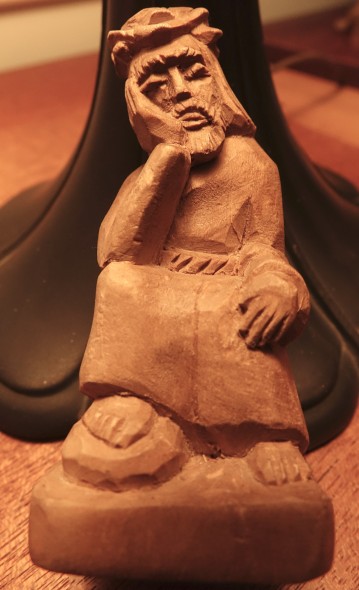
 Loading InLinkz ...
Loading InLinkz ...
